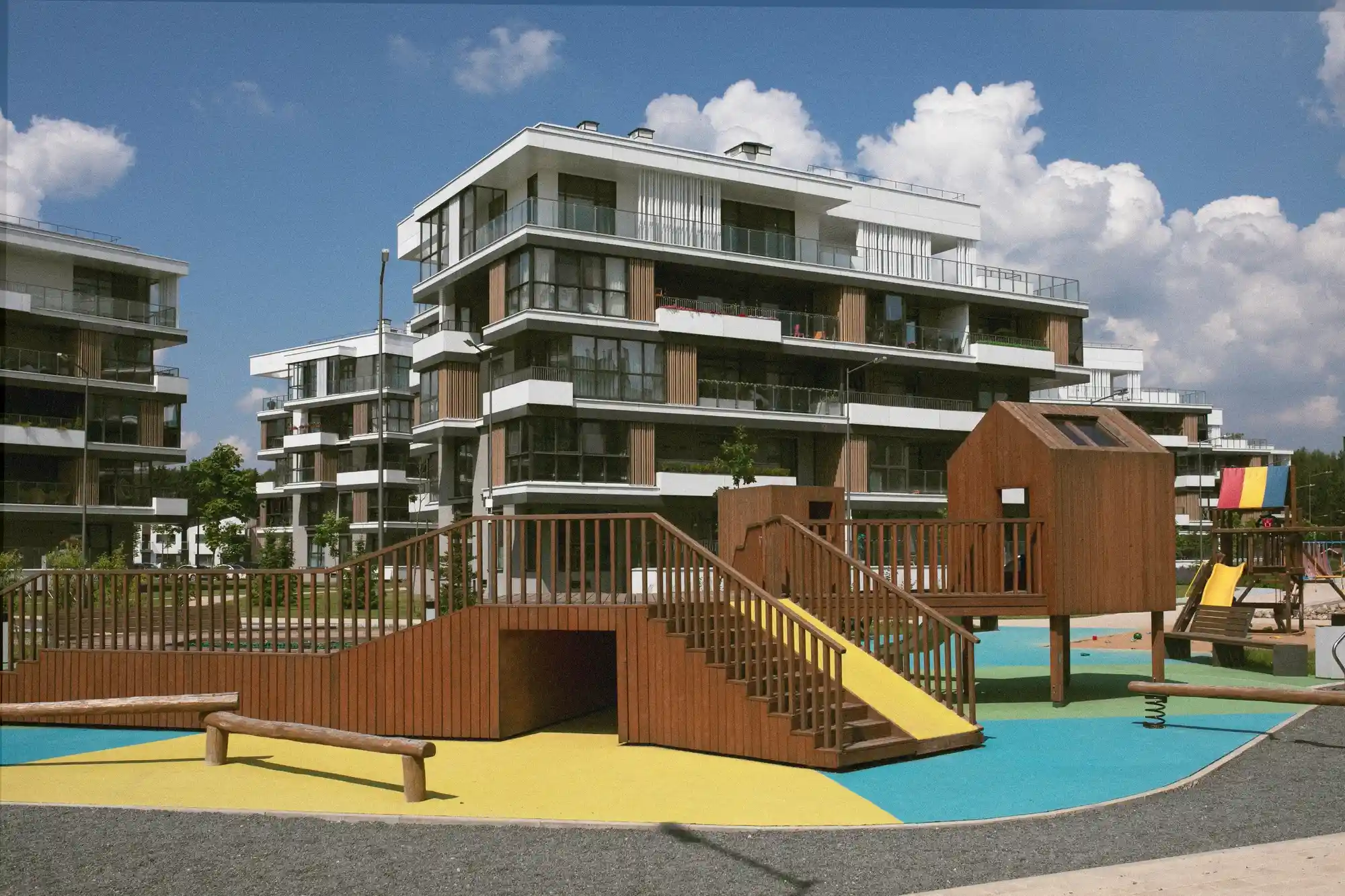Off-Plan Dreams or Pipe Dreams?
It starts innocently: a glossy brochure, a 3D video tour of a tower that hasn’t even kissed the sky yet, and a sweet-talking agent who swears your investment will “triple in value by completion.”
Welcome to the off-plan property market in Kenya, where buying a house before it’s built can either turn you into a proud homeowner or a permanent litigant.
Legally, off-plan purchases are perfectly valid. They allow developers to raise capital upfront while buyers lock in attractive prices. But here’s the catch: Kenya has seen a surge in fraudulent off-plan deals. From developers who vanish with deposits, to stalled projects, to multiple sales of the same unit, buyers are often left with heartbreak and court cases instead of house keys.
So, how do you tell a foundation from a fraud?
That’s exactly what this series will unpack: warning signs, fraud tricks, due diligence hacks, and the legal safety nets you must know before signing anything.
The Greatest Hits of Fraud (Kenyan Edition)
Fraudsters in Kenya don’t just steal, they innovate. Here are the crowd favorites:
1. Phantom Projects – Developers sell homes that exist only on paper (and on suspiciously beautiful brochures).
2. Double Sales – Two (or more) buyers, one apartment. May the fastest litigant win.
3. Stalled Constructions – Foundations are dug, money is collected, then… silence.
4. Mortgage & Title Tricks – Buyers discover too late that the land is already charged to a bank. Surprise, you’re funding someone’s debt.
5. Rental & Management Frauds – “Guaranteed returns” turn out to be guaranteed losses.
And the worst part? Some scams look so legit they pass the “reasonable buyer test.” That’s why due diligence isn’t a luxury for you as a buyer; it is survival.
Your Fraud-Detection Toolkit
How do you avoid falling for a beautifully packaged lie? Here’s your starter kit:
- Verify the developer. Are they registered with the Board of Registration of Architects and Quantity Surveyors of Kenya (BORAQS) or National Construction Authority (NCA)? Google and KRA PIN checks help too.
- Check the land. Do a search at the Ministry of Lands (Ardhi House or online via eCitizen). Confirm ownership, encumbrances, and whether it’s charged to a bank.
- Scrutinize approvals. Nairobi County (and other counties) issue approvals—if the developer can’t show stamped documents, run.
- Engage professionals. Advocates, valuers, surveyors—yes, it costs, but so does litigation.
- Insist on escrow. Payments should be structured—linked to project milestones, not vibes.
Fraud hates light. The more questions you ask, the harder it is for fraudsters to thrive.
Fighting Back: THE Legal Recourse in Kenya
So, you did your best, but fraud still found you. What now?
Kenyan law actually arms you with several weapons:
- Contractual remedies – Sue for breach, refunds, or specific performance.
- Fraud & criminal charges – Developers who swindle face fraud and obtaining money by pretense charges under the Penal Code.
- Regulatory complaints – File with the Sacco Societies Regulatory Authority (if Sacco-linked), or the Competition Authority of Kenya if it’s a misrepresentation.
- Civil suits & injunctions – Courts can freeze land dealings while the case is ongoing.
- Professional liability – If a professional or agent misled you, they too can face disciplinary action.
The system isn’t perfect, but it works, especially when paired with good documentation from your side.
Survival Guide: Building Safely in Kenya’s Off-Plan Market
Buying off-plan in Kenya doesn’t have to feel like a gamble. Here’s the golden checklist:
- Hire your own advocate (not the developer’s “recommended lawyer”).
- Do a land search, always.
- Pay in phases, tied to construction progress.
- Visit the site regularly (or appoint someone to).
- Demand transparency in budgets, timelines, and approvals.
- Don’t be rushed. If a deal feels too good, it probably is.
The Kenyan off-plan market is full of opportunities, but only if you build on foundations, not fraud.
Legal Officer’s take: The dream of homeownership is too precious to gamble with. Protect it with due diligence, legal guidance, and a refusal to be rushed. Because in Kenya’s property jungle, the wisest investor is the one who pauses to ask, “Is this solid ground… or a trapdoor?”
DISCLAIMER
This article is intended for general knowledge only. It does not create and/or imply any kind of advocate-client relationship between any reader and Property Boutique (E.A) Limited. For expert advice on off-plan Projects, please contact our legal officer through ymuriithi@propertyboutique.co.ke
(Muthoni Muriithi – legal officer at Property Boutique (E.A) Limited)





